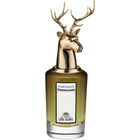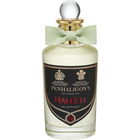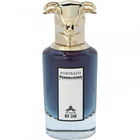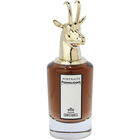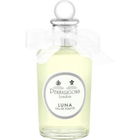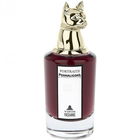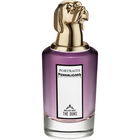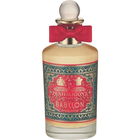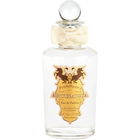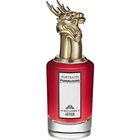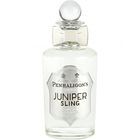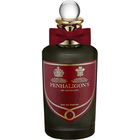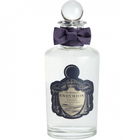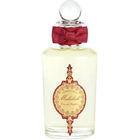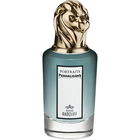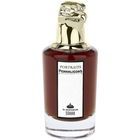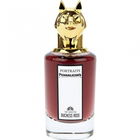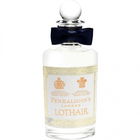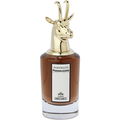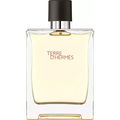
Apicius
1328 Reviews

Apicius
Very helpful Review
4
English Style and Humour
Blenheim Palace is a well known house in Oxfordshire – nothing petite but a respectable country estate which evaporates a certain grandezza. It is the ancestral seat of the 11th Count of Marlborough who belongs to the higher aristocracy within the English hierarchy. As a fan of the folding bike, of course, Blenheim Palace is known to me, since the annual “Brompton Foldingbike World Championship” takes place there – an event that can really count as typically English. It is a cross county race on tiny Brompton folding bikes that have only 18'' wheels. The participants are asked to dress themselves according to the noble event – cycling shorts and jacket, shirt and tie or bow tie are a must!
But Penhaligon's, rightly or not, adorns itself with borrowed plumes by using the name Blenheim.
Years ago I noticed the mostly positive reviews on Basenotes. Blenheim Bouquet seems to be something like the fragrance reference of this brand. Anything else they do is likely to get compared with Blenheim Bouquet.
Blenheim Bouquet is basically citric. It is a straightforward lemon with only some green and herbal echoes. I suppose, before the aquatics were invented, it was those green citric scents that men would go for instead. By regarding this style as conservative and outdated you would not do justice to Blenheim Bouquet. This style is robust and gripping. It is the sports fragrance for the modern and athletic gentleman of 1902!
The more the lemon fades away and the green notes come forward, the better I like Blenheim Bouquet. But I am not convinced about the fragrance note “pine”. I do not see dark coniferous woods here – like i.e. Acqua di Selva. Musky notes and also some vetiver rather give you the impression of the amiable English landscape park that surrounds Blenheim Palace. I do not understand that vetiver is not part of the known pyramid. After about two hours, I get lots of it.
Blenheim Bouquet may be a fragrance of the past, but also today it would make a good company on a stylish outing in Oxfordshire. Who knows – one or the other participant of the Brompton Foldingbike World Championship may complete his appearance with a few spritzes of Blenheim Bouquet!
But Penhaligon's, rightly or not, adorns itself with borrowed plumes by using the name Blenheim.
Years ago I noticed the mostly positive reviews on Basenotes. Blenheim Bouquet seems to be something like the fragrance reference of this brand. Anything else they do is likely to get compared with Blenheim Bouquet.
Blenheim Bouquet is basically citric. It is a straightforward lemon with only some green and herbal echoes. I suppose, before the aquatics were invented, it was those green citric scents that men would go for instead. By regarding this style as conservative and outdated you would not do justice to Blenheim Bouquet. This style is robust and gripping. It is the sports fragrance for the modern and athletic gentleman of 1902!
The more the lemon fades away and the green notes come forward, the better I like Blenheim Bouquet. But I am not convinced about the fragrance note “pine”. I do not see dark coniferous woods here – like i.e. Acqua di Selva. Musky notes and also some vetiver rather give you the impression of the amiable English landscape park that surrounds Blenheim Palace. I do not understand that vetiver is not part of the known pyramid. After about two hours, I get lots of it.
Blenheim Bouquet may be a fragrance of the past, but also today it would make a good company on a stylish outing in Oxfordshire. Who knows – one or the other participant of the Brompton Foldingbike World Championship may complete his appearance with a few spritzes of Blenheim Bouquet!




 Lime
Lime Pine
Pine Amalfi lemon
Amalfi lemon Black pepper
Black pepper Lavender
Lavender Musk
Musk













 Itchynose
Itchynose BamBamNYC
BamBamNYC Gavarrus
Gavarrus RainGarden
RainGarden Bglobe1
Bglobe1 dinor1
dinor1 Godfreywilde
Godfreywilde NicheOnly
NicheOnly MayMay888
MayMay888 Noureddine
Noureddine